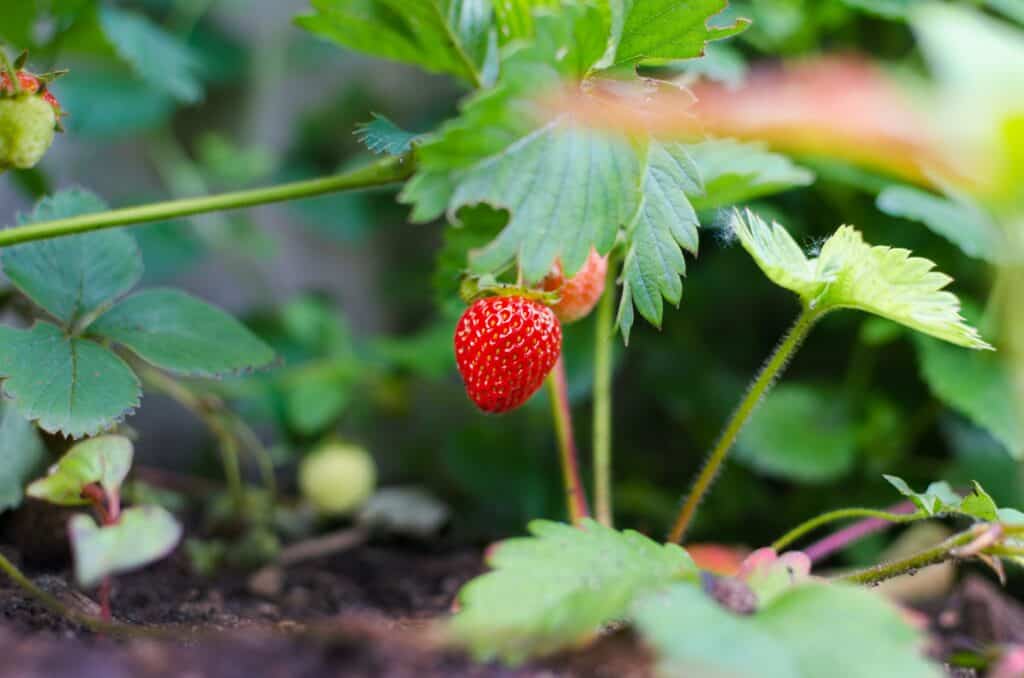The connection between nature and mental health has been a focus of scientific research for decades. Among the many ways people interact with nature, gardening and spending time in green spaces stand out as effective tools for improving mental well-being. By fostering a relationship with the outdoors, individuals can experience reduced stress, improved mood, and better overall mental health. Let’s explore the science behind these benefits and the role of medical advancements in complementing these natural remedies.
The Science Behind Gardening and Mental Health
Gardening is more than a hobby; it’s a therapeutic activity with measurable mental health benefits. Research published in Preventive Medicine Reports highlights that gardening can effectively reduce symptoms of anxiety and depression. It also promotes mindfulness, as tending to plants requires focus and presence, providing a break from the worries of daily life.
Key benefits of gardening include:
- Reduced Stress Levels: In the Journal of Health Psychology, a study showed that gardening lowers cortisol levels (the stress hormone) more effectively than indoor activities like reading.
- Enhanced Mood: Exposure to soil bacteria, specifically Mycobacterium vaccae, has been linked to the release of serotonin chemicals, a neurotransmitter associated with happiness and calmness.
- Physical Activity: Gardening involves movements like digging, weeding, and planting, which provide moderate physical exercise. Regular activity is known to improve mood and reduce symptoms of mental health conditions.
- Connection with Nature: Spending time in green spaces has been shown to lower blood pressure, improve cognitive function, and reduce feelings of isolation.
How Important are Green Spaces in Mental Well-Being?
Green spaces, including parks, forests, and community gardens, offer opportunities for relaxation and restoration. Research from Nature revealed that individuals who live near green spaces experience lower rates of anxiety and depression. These environments encourage physical activity and social interaction, both of which are essential for mental health.
For urban dwellers, access to green spaces can provide a much-needed escape from the hustle and bustle stressors of city life. Walking in a park or sitting under a tree can have immediate calming effects, making green spaces a valuable resource for mental well-being.
Medical Advancements in Mental Health Treatments
While gardening and green spaces provide significant mental health benefits, some individuals require additional support to address deeper mental health challenges such as treatment-resistant depression or PTSD. In such cases, medical advancements are making transformative therapies available.
California ketamine treatment clinics are at the forefront of these innovations. Ketamine, traditionally used as an anesthetic, has been found to offer rapid relief for conditions like depression, anxiety, and PTSD. Unlike the more traditional antidepressant treatment, which may take weeks to show results, ketamine often works within hours, providing hope for individuals who have not responded to conventional treatments.
When paired with therapeutic practices like gardening, advanced treatments such as ketamine therapy can offer a holistic approach to mental health care. Gardening fosters mindfulness and relaxation, while ketamine addresses the underlying neurological factors contributing to mental health struggles. Together, these approaches provide a comprehensive pathway to recovery.
Practical Steps to Incorporate Gardening into Your Life
- Start Small: Even a few potted plants on a windowsill can provide mental health benefits. Choose low-maintenance plants to begin your gardening journey.
- Join a Community Garden: Engaging with others while tending to a shared garden combines the therapeutic effects of gardening with the benefits of social interaction.
- Make It a Routine: Set aside time each week to work on your garden or spend time in a nearby green space. Consistency is key to experiencing long-term benefits.
- Experiment with Edible Plants: Growing your own fruits, vegetables, or herbs adds an extra layer of satisfaction to the gardening process.
To Conclude
Gardening and green spaces are powerful tools for improving mental health, offering a natural and accessible way to reduce stress and foster emotional well-being. When combined with medical advancements, individuals can achieve a balanced approach to managing their mental health. By embracing both the restorative power of nature and the innovations of modern medicine, we can create a healthier, more fulfilling life.





